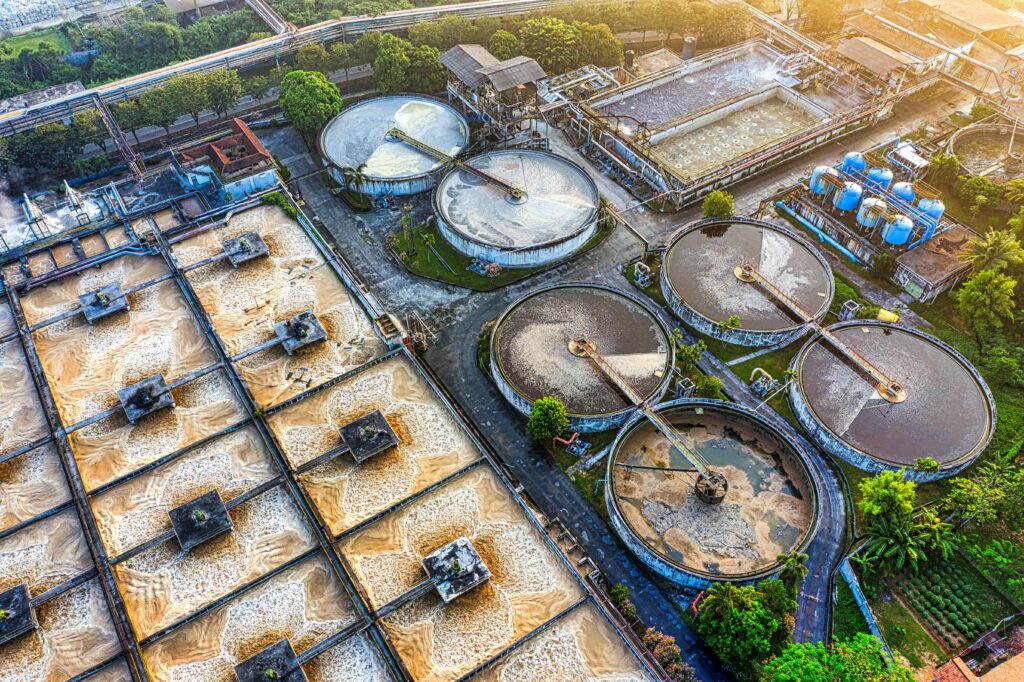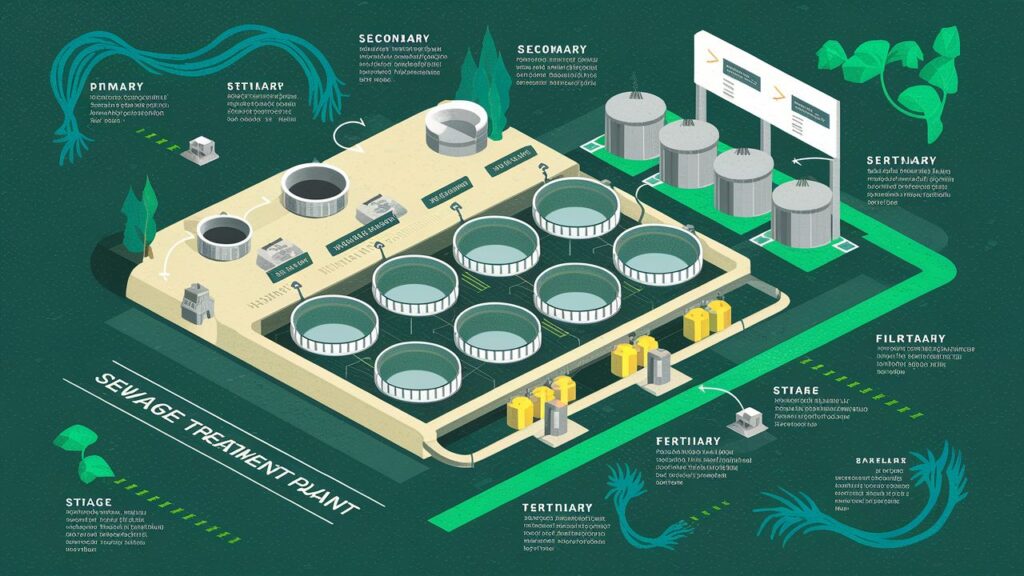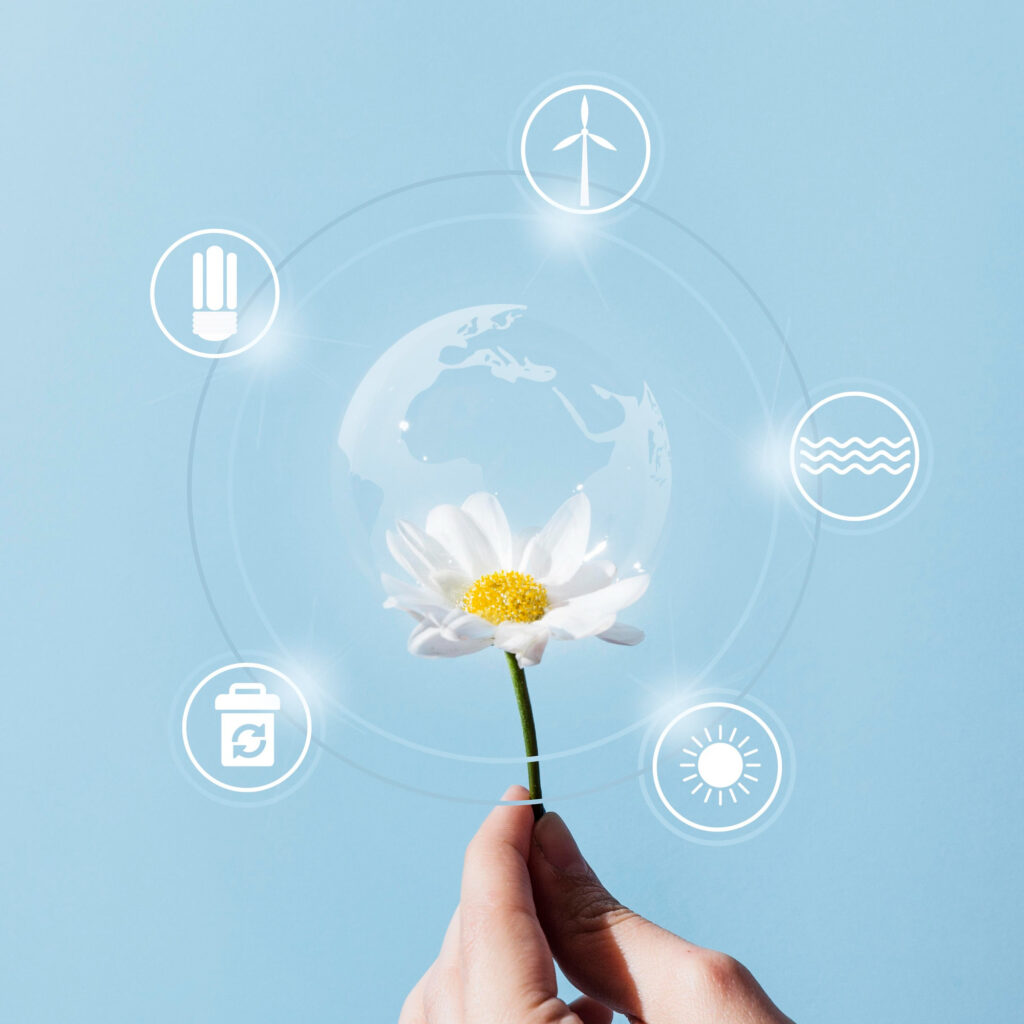
In the UAE, the rapid urbanization and industrial growth have significantly increased the volume of sewage water produced. Efficiently treating this water is pivotal to safeguarding our environment and maintaining public health standards. It’s not just about removing contaminants from wastewater but doing so in a way that is sustainable, cost-effective, and aligns with the UAE’s vision for environmental stewardship. There are many Best Sewage Treatment Plant in UAE.
Understanding Sewage Treatment
What is sewage treatment?
Sewage treatment, or wastewater treatment, is the process of removing pollutants from water released by households, industries, agriculture, and commercial establishments to make it safe for reuse or return to the environment.
Basics of how a sewage treatment plant works

A typical Sewage treatment plant in UAE follows a primary, secondary, and tertiary process. Initially, it removes physical debris. The secondary stage uses biological processes to digest dissolved and suspended organic matter. Finally, the tertiary stage polishes the water, removing nutrients, bacteria, and sometimes pharmaceuticals, so the treated water can be reused safely.
SEWAGE TREATMENT PLANT IN UAE
Tip 1: Regular Maintenance
Schedule and procedures
Regular maintenance is crucial for the uninterrupted operation of sewage treatment plants. This includes routine checks of equipment, removal of sludge, and unclogging pipes. A maintenance calendar ensures no task is overlooked.
Key benefits of regular checks
- Prevents unexpected breakdowns
- Extends the lifespan of equipment
- Ensures consistent treatment efficiency
Regular maintenance is akin to having a health check-up; it spots minor issues before they escalate into major problems. Contact Our Water Professionals for Regular Checks. We have Best Sewage Treatment Plant in UAE.
Tip 2: Technological Upgrades

New tech in sewage treatment | Best Technology Used in Sewage Treatment Plant in UAE
Advancements in technology, such as membrane bioreactors and advanced oxidation processes, have revolutionized sewage treatment, making plants more efficient and less space-intensive.
How technology improves efficiency
These technologies enable more effective pollutant removal and reduce the plant’s energy consumption. They allow for the recycling of water within a shorter timeframe, showcasing a perfect blend of efficiency and sustainability.
Tip 3: Reduce Inflow of Non-Biodegradable Waste
Importance of waste segregation
Waste segregation is pivotal. By ensuring that non-biodegradable waste is kept out of the sewage system, treatment plants can operate more smoothly and efficiently.
Impact on sewage treatment efficiency
Non-biodegradable waste can clog systems, hinder treatment processes, and even damage equipment, leading to costly repairs and downtime. Educating the community about segregation can markedly enhance plant efficiency.
Tip 4: Energy Consumption Optimization

Tools and practices for reducing energy use
Implementing high-efficiency motors and optimizing aeration processes can drastically reduce the energy footprint of sewage treatment plants.
Case studies or examples from UAE
Several Sewage Treatment plant in UAE have adopted solar power and energy-efficient technologies, demonstrating remarkable reductions in energy consumption without compromising treatment effectiveness.
Tip 5: Employee Training and Awareness

Importance of skilled staff
The efficiency of a sewage treatment plant in UAE significantly depends on the proficiency of its staff. Well-trained employees can operate the plant more efficiently, ensuring compliance with environmental standards.
Training programs and workshops

Continuous education programs on the latest treatment technologies and best practices are essential. Such initiatives empower employees, fostering a culture of excellence and innovation.
Case Studies
Success stories abound within the UAE, where sewage treatment plant in UAE have set benchmarks for operational efficiency. For example, the Al Ain Sewage Treatment Plant, with its focus on technological innovation and staff training, has achieved significant energy savings and water reuse milestones.
Conclusion
Efficient sewage treatment is non-negotiable for the UAE’s sustainability objectives. By embracing regular maintenance, technological advancements, waste reduction, energy optimization, and continuous staff training, sewage treatment plants can operate at their peak, contributing significantly to our environmental and public health landscape.
FAQ
How often should a sewage treatment plant be maintained?
Maintenance schedules vary by size and technology, but a monthly check is advisable for optimal performance.
Can technology alone ensure the efficiency of a sewage treatment plant?
While technology plays a critical role, efficiency is also contingent upon proper maintenance, skilled staff, and community cooperation in waste management.
How significant is the impact of non-biodegradable waste on sewage treatment plants?
Its impact is profound. Non-biodegradable waste can drastically hinder the efficiency of treatment processes, leading to increased operational costs and environmental hazards.
MEA Water Where Clean Water Begins


